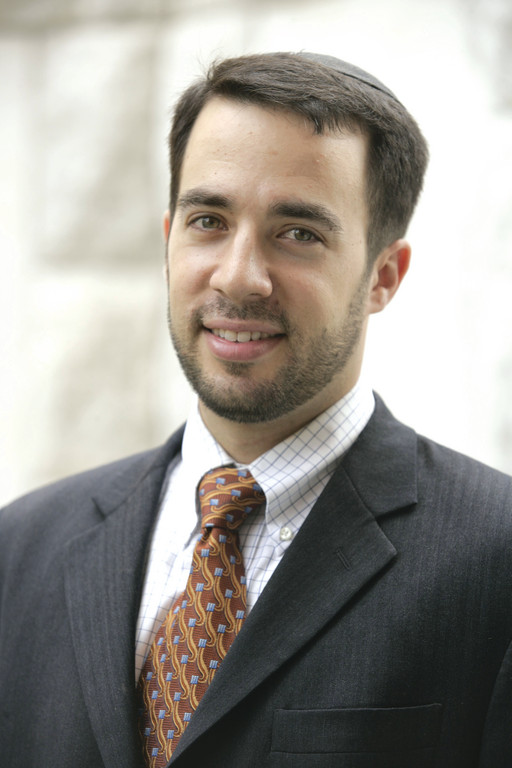Parshat Bereishit: The crouching sin
The stage is set. The first two sons of Man have brought their offerings to their G-d, and He has favored the younger’s dedication. The older brother is disheartened, and it shows on his face.
Says G-d, “Why are you so frustrated? Why has your face fallen? If you do good, you will lift up! But if not, then sin lies crouching at the door. It desires to get you, but you can rule over it.” (4:6-7)
In the next verse Kayin kills his brother.
The story is incomplete. Why Kayin killed Hevel is unclear. Was he provoked? Was it self-defense? Did he even understand that his act could be fatal? Was the murder premeditated? Or an error? There are a myriad of interpretations hinged on the question of what the “sin crouching at the door” might be. As G-d’s statement was the last thing Kayin heard before he committed murder, one can argue it was the trigger that unleashed his rage. But what did G-d mean?
In a lecture on repentance delivered in 1987, Rabbi Aharon Lichtenstein explained the “sin that crouches at the door” as the most blatant obstacle to proper observance of the Law and commitment to G-d which plagues a particular hashkafic (philosophical) community.
“…[It] is not the same sin at every door. Each door, each domicile, each community has its particular sin, a specific spiritual danger indigenous to it, endemic to that group or that individual.” Quoting the Chafetz Chaim, he notes that different generations have different pitfalls. Some “succumb to idolatry, others to desecration of Shabbat, some to sins between man and his Maker, and others to interpersonal sins.”
At the same time that he declared the sin plaguing the Religious Zionist community (i.e. “Modern Orthodox” community in the United States) to be one of “shikhecha,” forgetting G-d, or “lacking the immanent sense of G-d felt so deeply, keenly and pervasively in other parts of the halakhically committed Jewish world” (which is indeed a problem), he defined “avodah zara” – beyond idolatry – as “superstition and misguided conceptions of G-d.”
Rabbi Lichtenstein does not need my stamp of approval. His assessment of our community is spot on. But I think his definition of avodah zara is also quite noteworthy.

 55.0°,
Mostly Cloudy
55.0°,
Mostly Cloudy 




